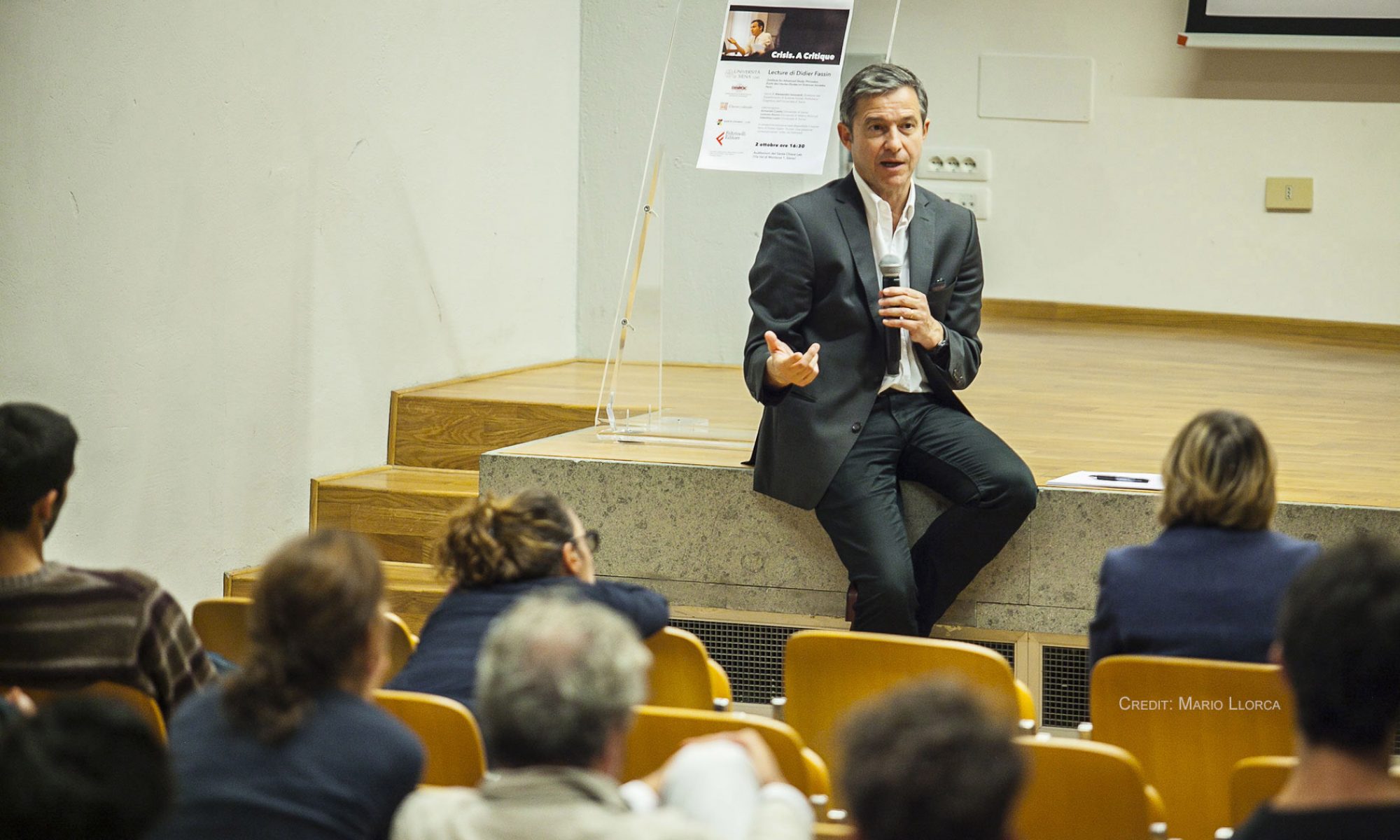Didier Fassin is Professor at the Collège de France on the chair Moral Questions and Political Issues in Contemporary Societies. He is also the James D. Wolfensohn Professor at the Institute for Advanced Study in Princeton and a Director of Studies at the École des Hautes Études en Sciences Sociales in Paris. Previously professor at the University of Paris North, he was the founding director of IRIS, the Interdisciplinary Research Institute in Social Sciences at CNRS, the Centre National de la Recherche Scientifique.
Anthropologist, sociologist and physician, he conducted extensive research in Senegal, South Africa, Ecuador, and France. Laureate of an Advanced Grant from the European Research Council, he elaborated a political and moral anthropology which he put to work through a ten-year ethnography of police, justice and prison. He later developed a critical engagement with philosophical approaches to punishment, which was the matter of his Tanner Lectures on Human Values at the University of California, Berkeley, and to life, which was the topic of his Adorno Lectures, at the Goethe University of Frankfurt.
He also gave the inaugural Lemkin Lecture at Rutgers University on resentment and ressentiment, the Tumin Lecture at Princeton University on the life of things, the Eric Wolf Lecture at the University of Vienna on conspiracy theories, and two inaugural lectures at the Collège de France on The Inequality of Lives and The Social Sciences in Times of Crisis. The first social scientist to be granted the Nomis Distinguished Scientist Award, he developed a program on crisis and its multiple meanings on a global scale, which was the topic of his Page-Barbour Lectures at the University of Virginia. Frequently intervening in the media, in schools, in professional institutions and in front of general audiences on issues related to his research, he has proposed a theoretical reflection on the public presence of the social sciences, which he presented in his recipient lecture for the Gold Medal in anthropology at the Royal Swedish Academy of Sciences.
Elected at the American Philosophical Society, he has Honorary Doctorates from the University of Liège and the Free University of Brussels. His current research is about the fate of migrants and refugees studied at the border between Italy and France, which is the matter of a series of twelve lectures at the Collège de France on The Trials of the Border and of a forthcoming program on Politics of Migration and Displacement as a Form of Life at the Institute for Advanced Study. He created a Summer Program in Social Science for early-career scholars from the Global South. Former Vice-President of Médecins Sans Frontières, he is President of the French Medical Committee for Exiles. Having been on the Scientific Council of the City of Paris for fifteen years, he is a member of the National Ethics Advisory Committee for Health Sciences.
He authored twenty books translated in seven languages and edited twenty-seven collective volumes. He occasionally writes for The New York Times, The London Review of Books, The Guardian, Die Frankfurter Allgemeine Zeitung, Le Monde, Libération, and is a regular contributor to Alternatives Économiques.
Institutional webpages:
Collège de France
Institute for Advanced Study
École des Hautes Études en Sciences Sociales
